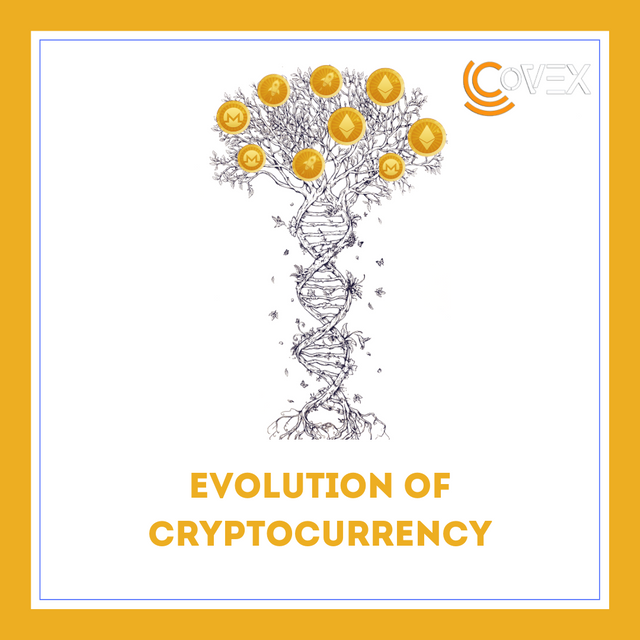Where did Cryptocurrencies evolve from?
If you take away all the noise around cryptocurrencies and reduce it to a simple definition, you find it to be just limited entries in a database no one can change without fulfilling specific conditions. This may seem ordinary, but, believe it or not: this is exactly how you can define a currency.
Few people know, but cryptocurrencies emerged as a side product of another invention. Satoshi Nakamoto, the unknown inventor of Bitcoin, never intended to invent a currency. In his whitepaper — published in late 2008 — Satoshi said he had developed “A Peer-to-Peer Electronic Cash System.”
The single most important aspect of Satoshi‘s invention was that he had found a way to build a decentralized digital cash system. In the 1990s, there have been many attempts to create digital money, but they all failed.
After more than a decade of failed Trusted Third Party based systems (DigiCash, etc), they see it as a lost cause. I hope they can make the distinction, that this is the first time I know of that we’re trying a non-trust-based system. — Satoshi Nakamoto in an E-Mail to Dustin Trammell.
After seeing all the centralized attempts fail, Satoshi tried to build a digital cash system without a central entity that would function as a peer-to-peer network in file sharing.
To realize digital cash you need a payment network with accounts, balances, and transaction. That‘s easy to understand. One major problem every payment network has to solve is to prevent the so-called double spending: to prevent that one entity spends the same amount twice. Usually, this is done by a central server who keeps record about the balances.
In a decentralized network, you don‘t have this server. So you need every single entity of the network to do this job. Every peer in the network needs to have a list with all transactions to check if future transactions are valid or an attempt to double spend.
But how can these entities keep a consensus about this record?
If the peers of the network disagree about only one single, minor balance, everything is broken. They need an absolute consensus. Usually, you take, again, a central authority to declare the correct state of balances. But how can you achieve consensus without a central authority?
Nobody did know until Satoshi emerged out of nowhere. In fact, nobody believed it was even possible.
Satoshi proved it was. His major innovation was to achieve consensus without a central authority. Cryptocurrencies are a part of this solution — the part that made the solution thrilling, fascinating and helped it to roll over the world.’
Join the best experts of crypto exchange at
https://covex.io/
Congratulations @covexcoin! You have completed the following achievement on the Steem blockchain and have been rewarded with new badge(s) :
You can view your badges on your Steem Board and compare to others on the Steem Ranking
If you no longer want to receive notifications, reply to this comment with the word
STOPVote for @Steemitboard as a witness to get one more award and increased upvotes!